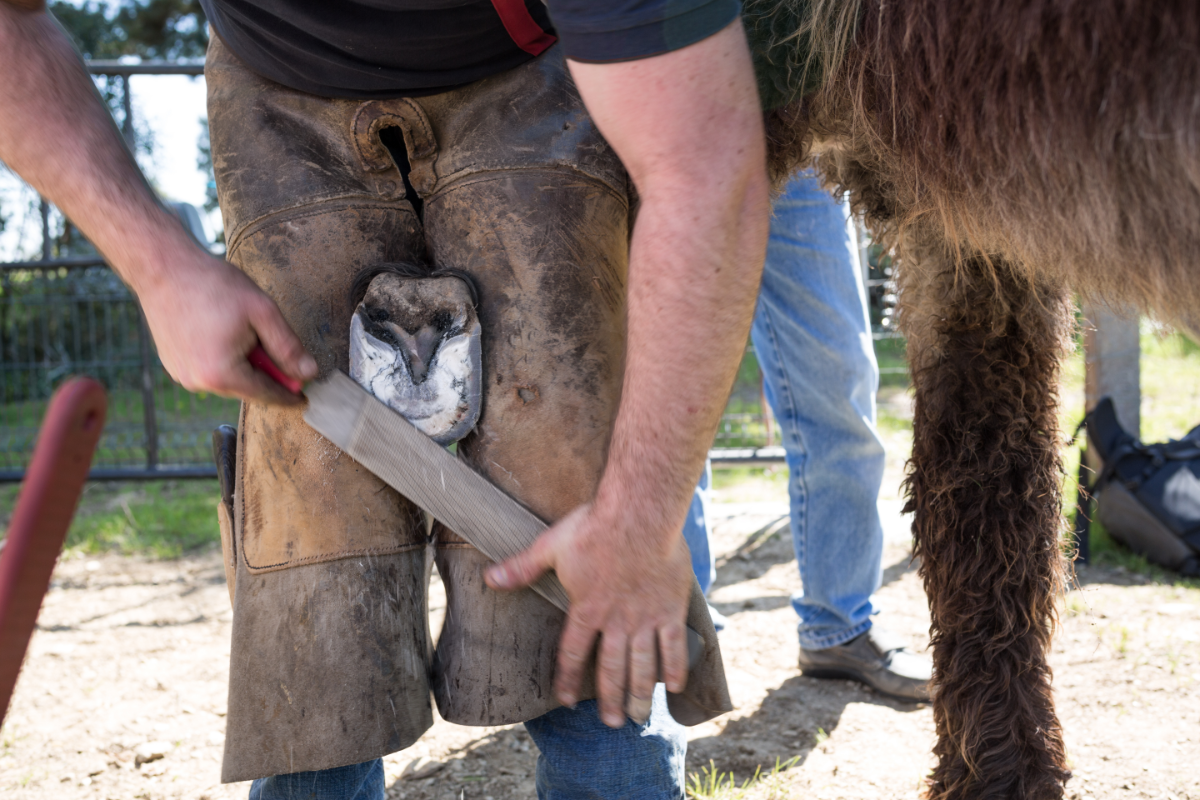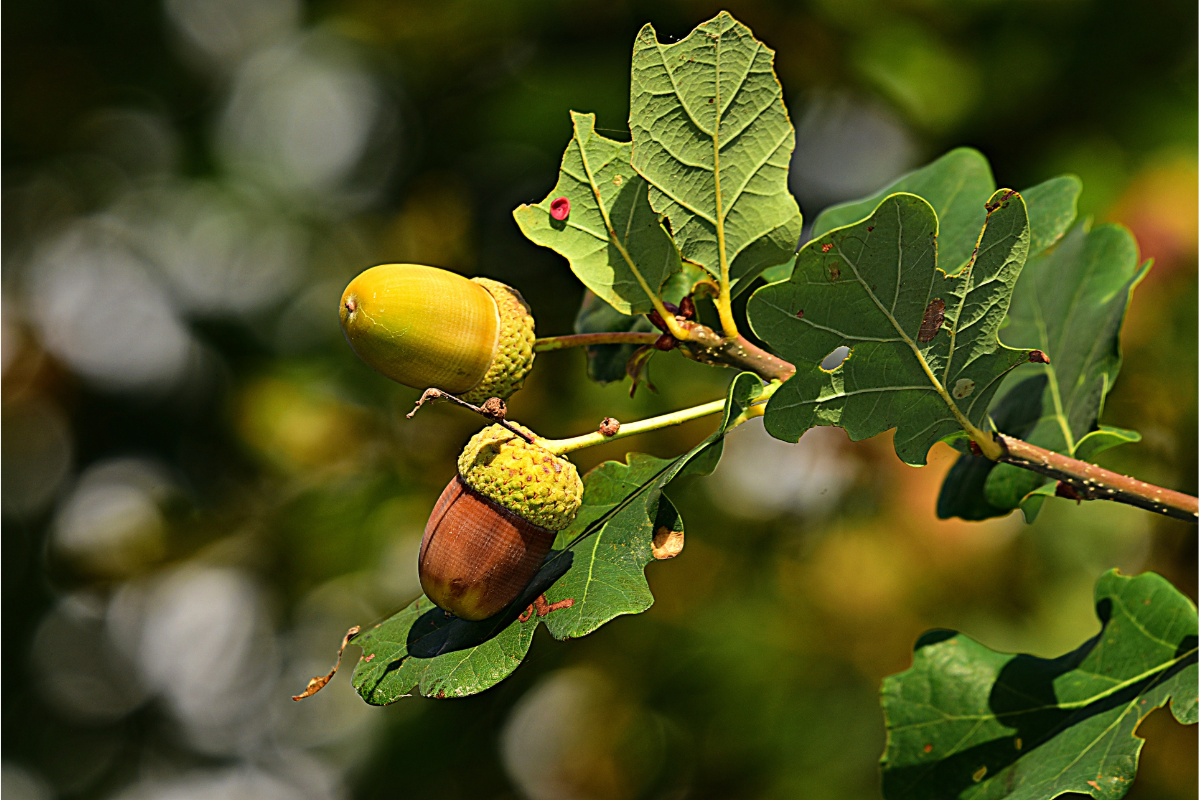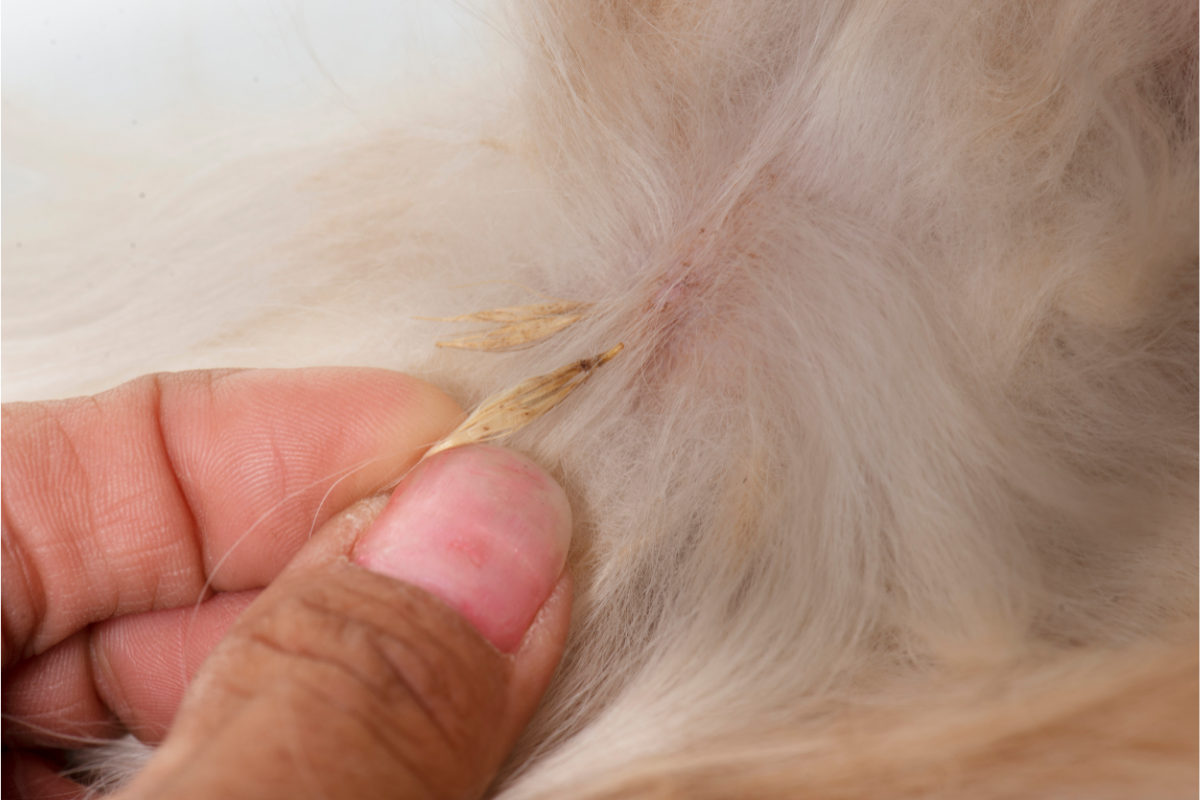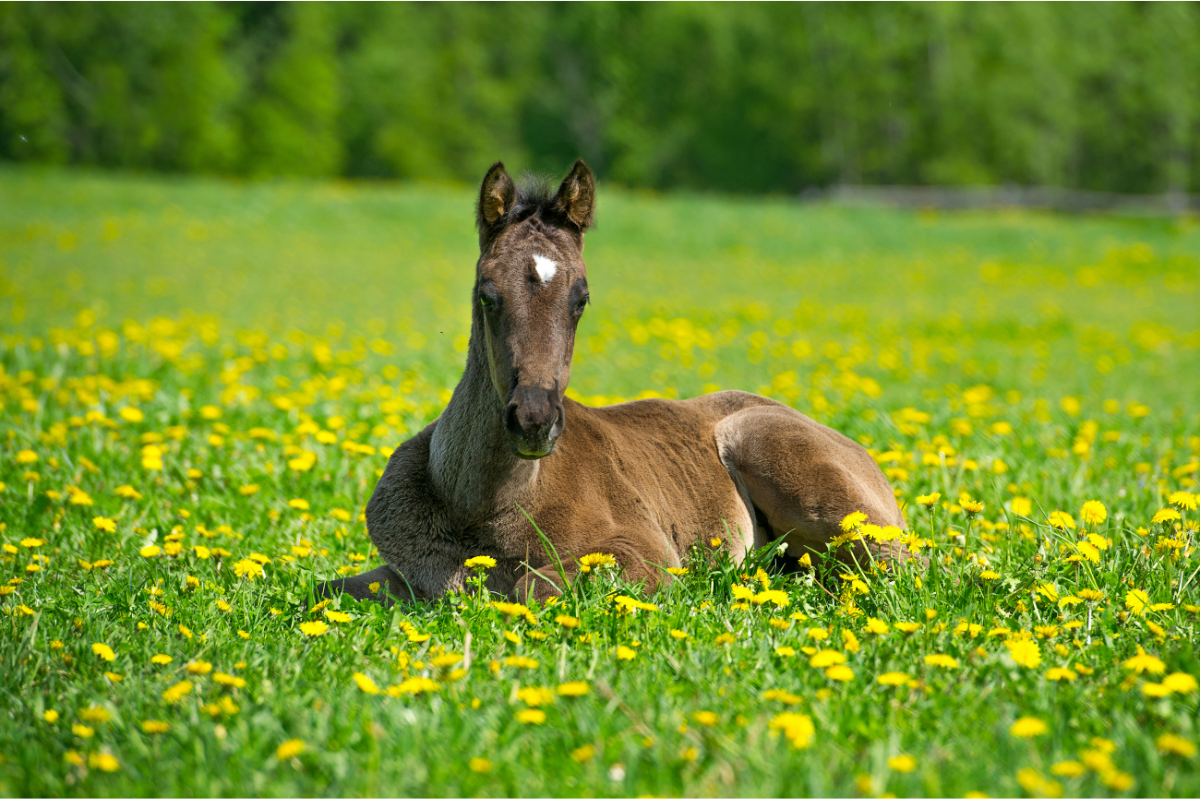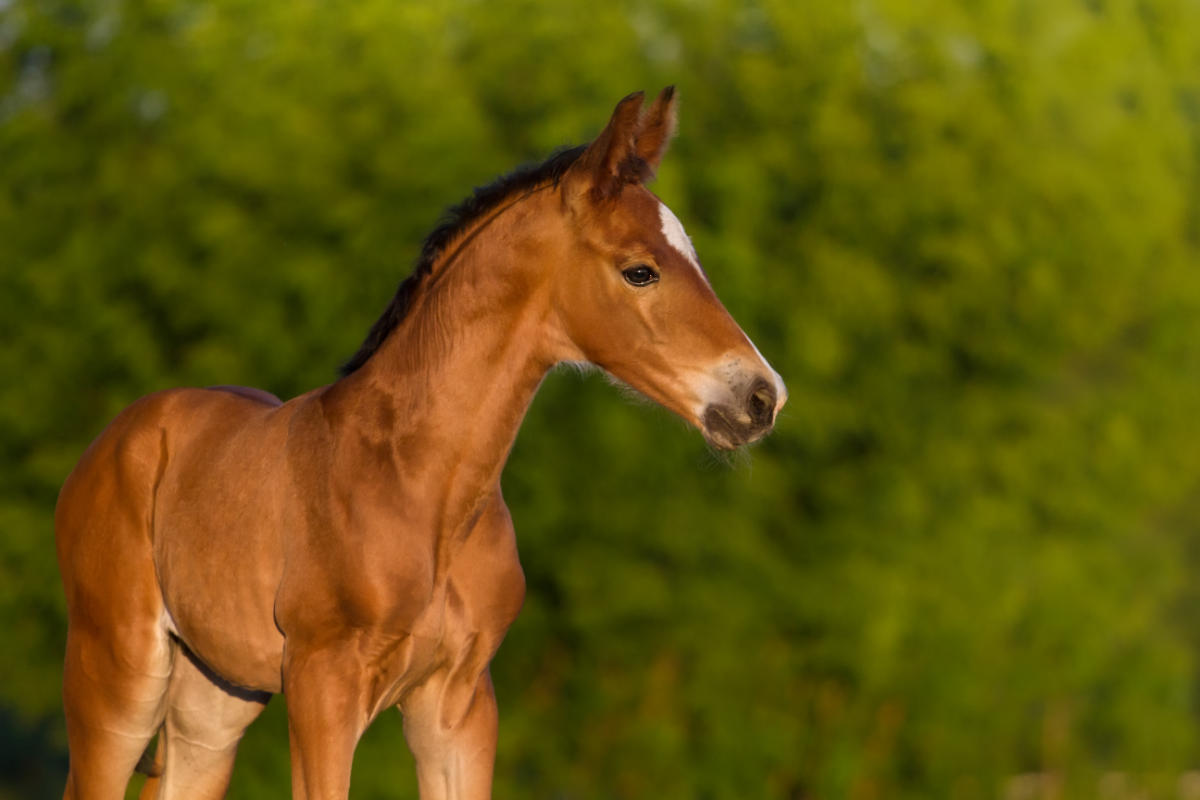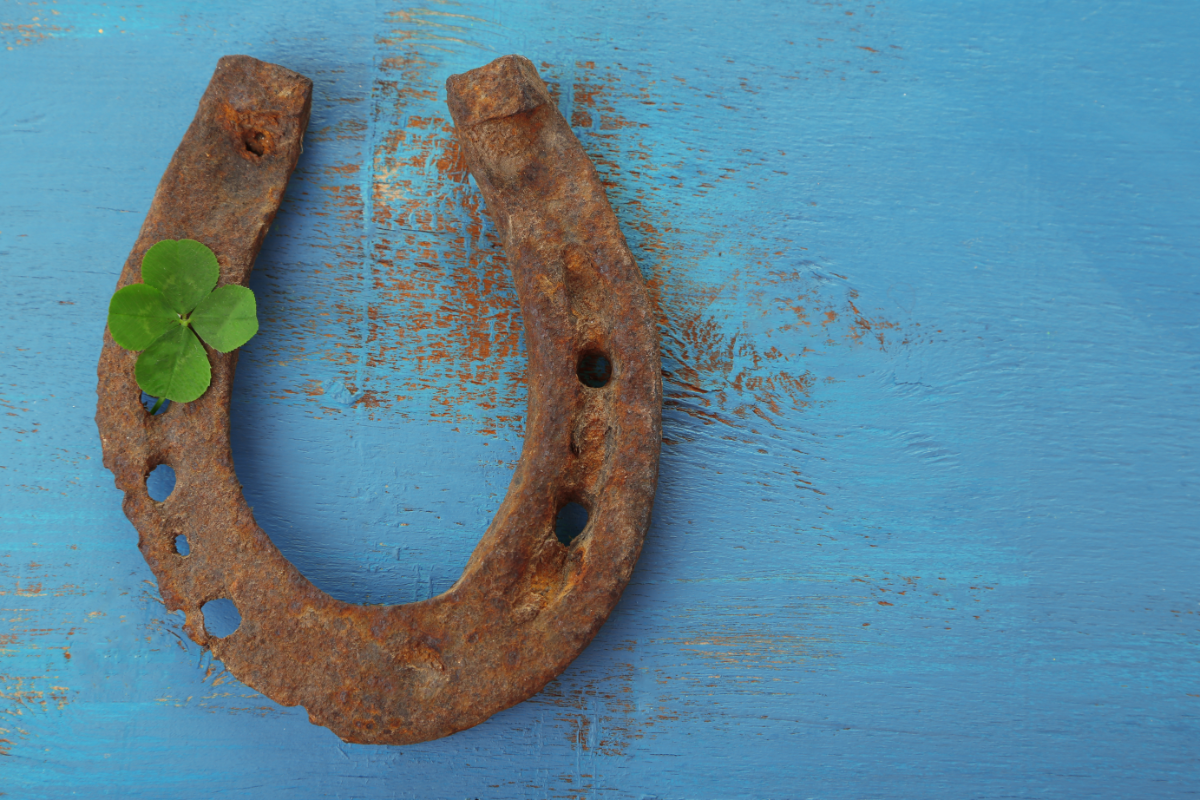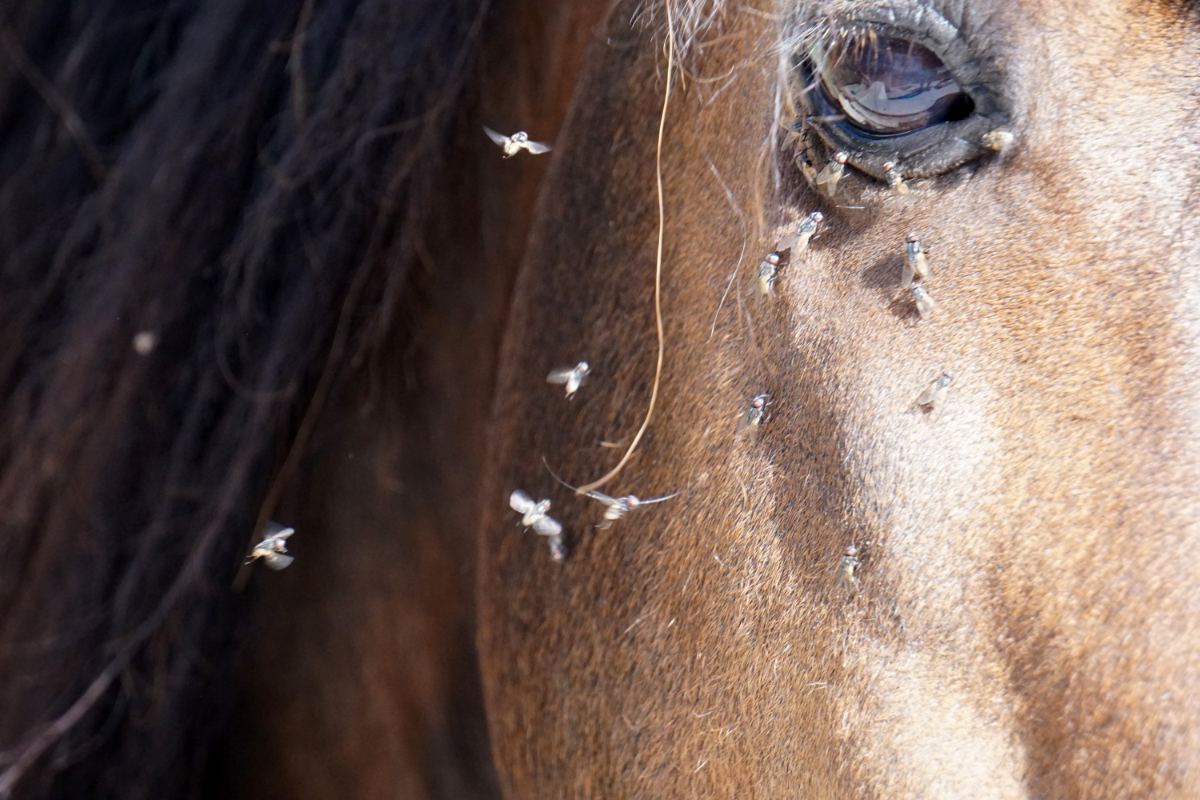High/Low Syndrome: when a horse’s balance becomes a challenge
High/low syndrome in horses is a podal asymmetry characterised by a “high” foot (high heels, short toe) and a “low” foot (low heels, long toe). This condition results from an unequal load on the limbs, influenced by anatomical, biomechanical and postural factors. It can lead to joint and tendon pain and reduced performance. Management is … Read more

